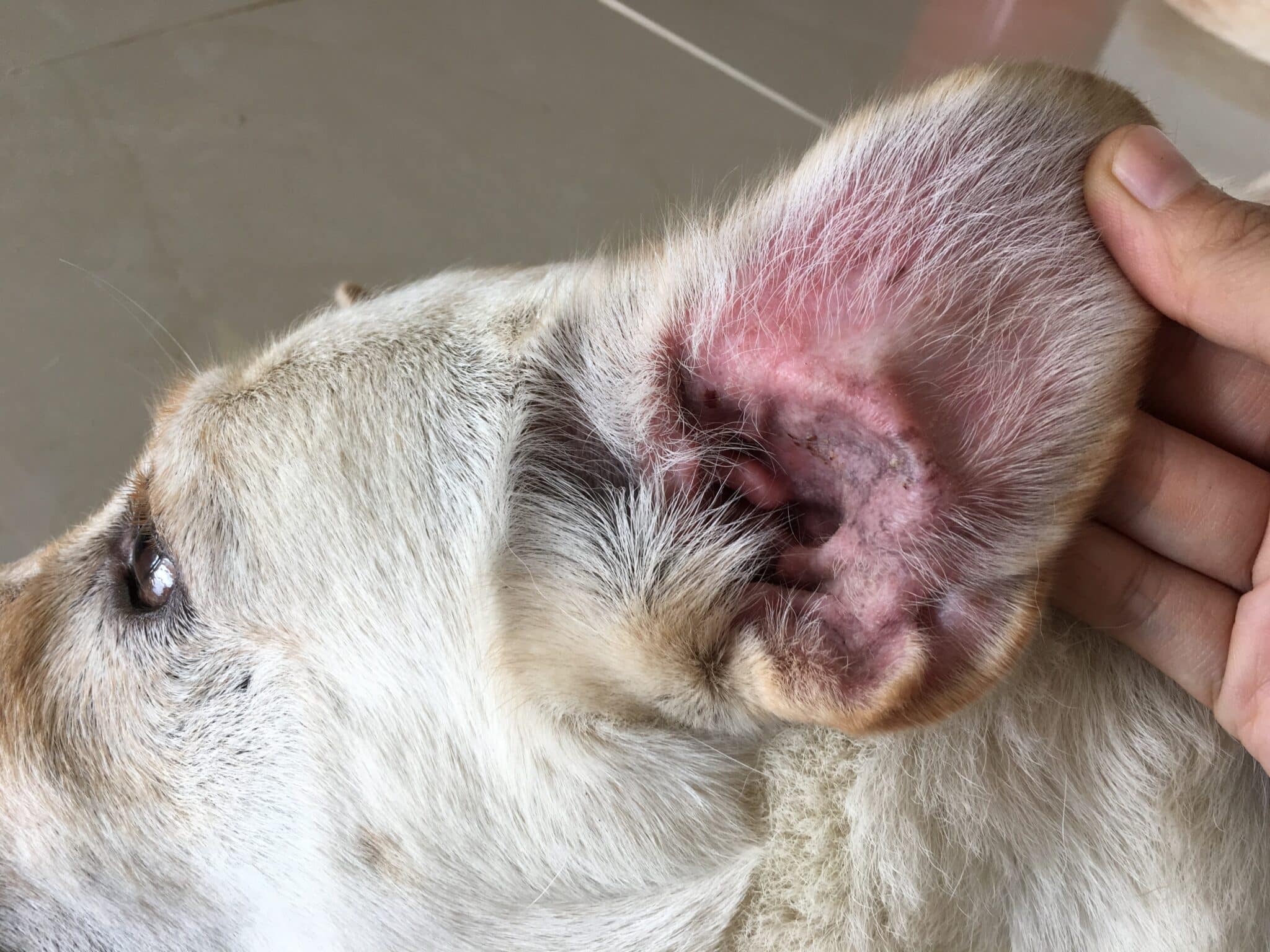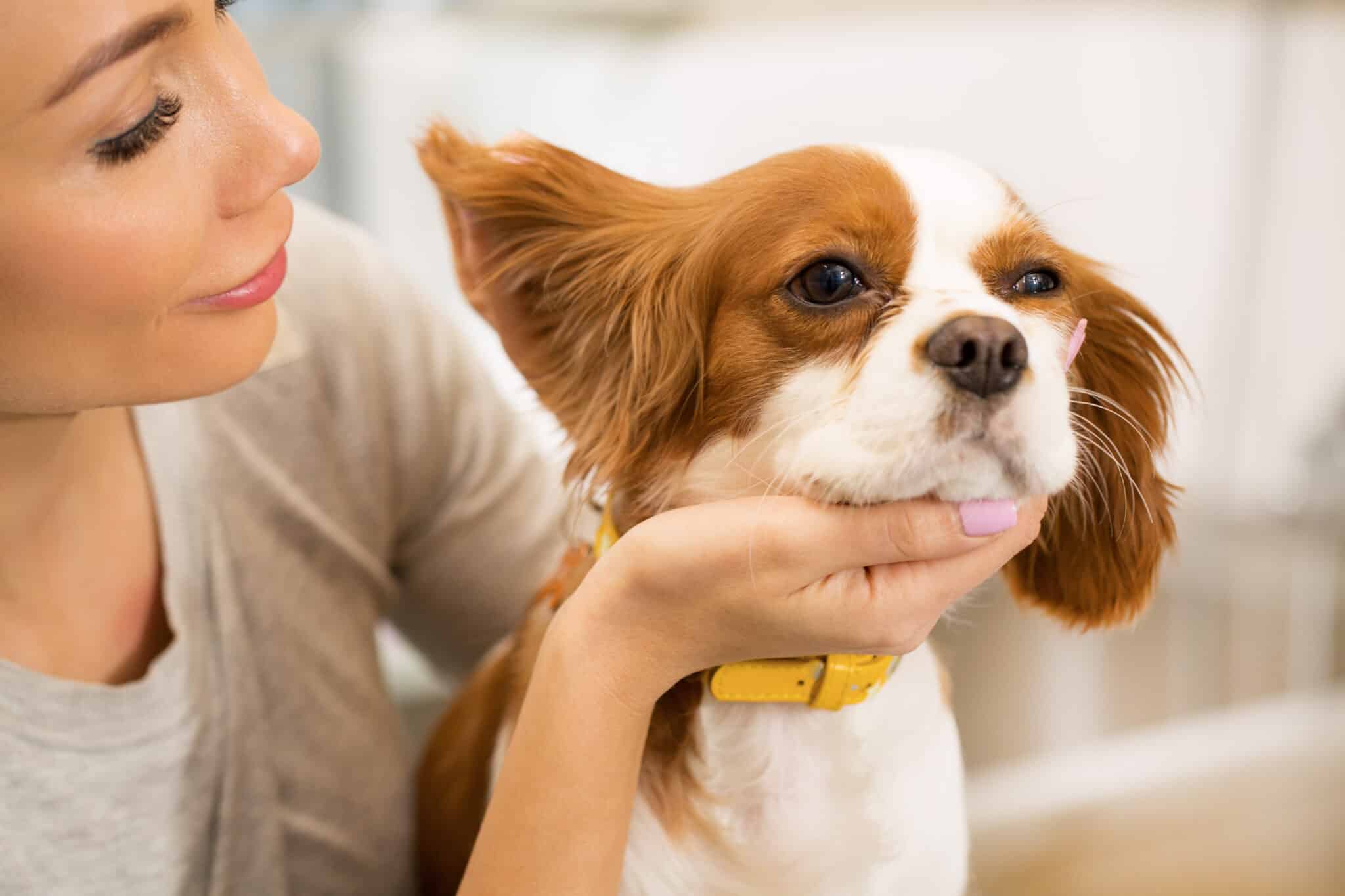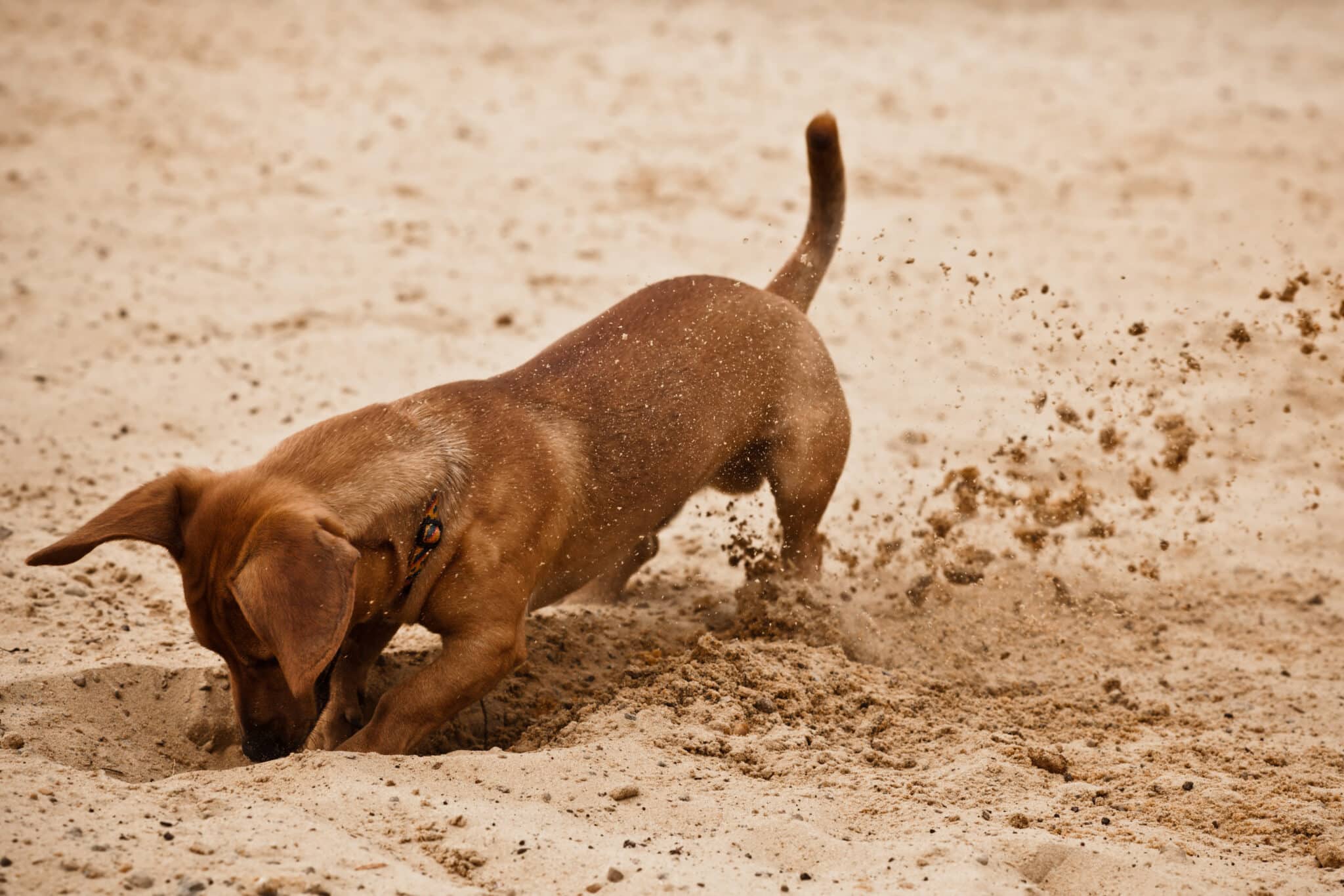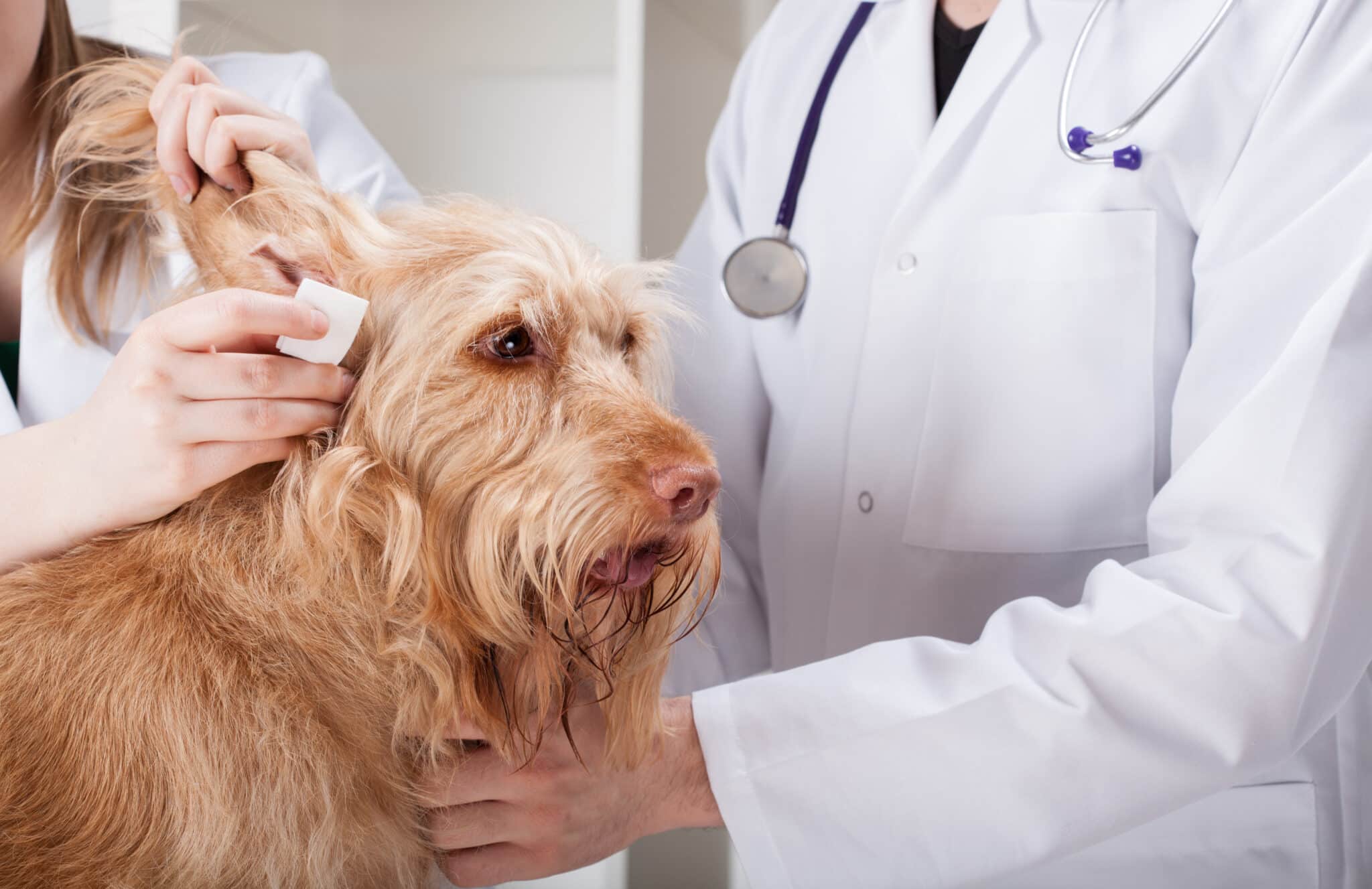Did you know that ear infections are one of the most common reasons pet owners bring their dogs to the vet? According to Nationwide Pet Insurance, ear infections rank as the top concern for dog owners visiting veterinarians. This painful and uncomfortable condition can often be prevented with regular ear inspections and cleanings. But some breeds are far more prone to ear troubles than others, and it’s especially important for their owners to stay on top of ear care.
Why Are Some Breeds Prone to Ear Infections?
Dogs with floppy ears or long hair around their ears are at a higher risk for ear infections because their ear canals tend to trap moisture, dirt, and debris more easily than those with upright ears. This creates the perfect environment for bacteria and yeast to grow, leading to infections. Breeds with narrow ear canals are also more susceptible because they have less airflow, which can lead to moisture buildup.
Additionally, dogs that swim or play outdoors frequently are more likely to accumulate dirt and moisture in their ears. For these reasons, many breeds—especially those with floppy or hairy ears—require more frequent ear care.
Breeds That Are Prone to Ear Infections
The following dog breeds (and their mixes) are particularly prone to ear infections due to their ear structure, activity levels, and tendency to accumulate moisture or debris:
1. Golden Retriever
Golden Retrievers are notorious for their love of water and playtime outdoors, which means their ears often trap moisture and dirt. Their floppy ears make them particularly vulnerable to infections if not cleaned regularly.
2. Labrador Retriever
Like Golden Retrievers, Labradors are active swimmers and outdoor adventurers, making them prone to moisture buildup in their floppy ears. Regular ear inspections are crucial, especially after swimming sessions.
3. Cocker Spaniel
Cocker Spaniels have long, heavily furred ears that can easily trap dirt, debris, and moisture. Their narrow ear canals also increase the risk of infection, making weekly cleanings essential.
4. Basset Hound
Basset Hounds have large, droopy ears that almost sweep the ground. Their ears are prone to trapping debris, dirt, and moisture, and their long ear flaps prevent proper airflow, leading to frequent infections.
5. Beagle
Beagles have long, floppy ears that can trap moisture, especially during their energetic outdoor adventures. These dogs are also known for rolling in the dirt, increasing the risk of ear issues if not cleaned regularly.
6. Poodle (and Poodle Mixes)
Poodles have a lot of hair, including in and around their ears. This dense fur can trap moisture and dirt, leading to an increased risk of ear infections. Poodle mixes such as Labradoodles and Goldendoodles are equally susceptible due to their thick, curly coats.
7. Shih Tzu
Shih Tzus have floppy ears covered in long hair, which traps moisture and dirt. This breed is particularly prone to yeast infections in the ears, making consistent ear cleaning a necessity.
8. Cavalier King Charles Spaniel
These small dogs have long, floppy ears that can trap moisture and wax. Due to their narrow ear canals, Cavalier King Charles Spaniels need regular cleaning to prevent infection.
9. Bloodhound
Bloodhounds are known for their extremely long, droopy ears, which are prone to collecting dirt, debris, and moisture. The lack of airflow makes them particularly susceptible to infections.
10. Afghan Hound
Afghan Hounds have long, silky coats and equally long ears. Their hair can trap moisture, and their ears are susceptible to matting, making regular ear care and hair trimming around the ears important for infection prevention.
11. Springer Spaniel
Similar to Cocker Spaniels, Springer Spaniels have long ears that can easily trap moisture and dirt. They are also prone to ear infections due to their active, outdoor-loving nature.
12. Dachshund
Dachshunds, with their long, floppy ears, are prone to ear infections, especially if they spend a lot of time exploring outside or rolling in dirt.
13. Bullmastiff
Though they have smaller ears compared to some other breeds, Bullmastiffs are prone to ear infections due to the folds and flaps around their ear canals, which can trap moisture and debris.
14. Saint Bernard
Saint Bernards have heavy, floppy ears that trap moisture easily. Given their large size and drool-heavy nature, it’s essential to clean their ears frequently to avoid infections.
15. Great Dane
Great Danes, with their large and floppy ears, are also susceptible to ear infections, especially if they drool a lot or are exposed to moisture and dirt during playtime.
16. Newfoundland
These gentle giants love water, making them more likely to suffer from moisture-related ear infections. Their large, floppy ears require regular cleaning, especially after swimming.
17. Portuguese Water Dog
As the name suggests, Portuguese Water Dogs are fond of swimming. Their ears, which are covered in curly hair, are prone to trapping moisture, making them more vulnerable to infections if not properly maintained.
How Regularly Should I Be Cleaning My Dog’s Ears?
The frequency of ear cleaning depends on your dog’s breed, ear structure, and activity level. For dogs with floppy ears, a basic rule of thumb is to inspect their ears at least once a week and clean them as needed, especially if they are prone to infections. Dogs who swim often or spend time rolling in dirt may need more frequent ear care, sometimes even daily cleanings.
When Should You Avoid Cleaning Your Dog’s Ears?
It’s important to note that if your dog shows signs of an ear infection, you should avoid cleaning the ears yourself and consult a vet. Symptoms of ear infections include:
- A foul odor coming from the ears
- Discharge, such as pus or blood
- Excessive scratching, head shaking, or pawing at the ears
- Redness, swelling, or sensitivity around the ears
In these cases, it’s best to let a professional handle the cleaning and treatment to prevent further irritation or complications.
Keeping Your Pup’s Ears Happy & Healthy For Life
For dog breeds with floppy ears, regular ear inspections and cleanings are crucial for preventing infections. By staying vigilant and taking preventive measures, such as cleaning your dog’s ears weekly or as needed, you can help avoid painful and costly ear infections. When in doubt, consult your veterinarian to ensure you’re using the right products and techniques for your dog’s specific needs.






